The Dragon Griaule by Lucius Shepard
His flesh has become one with the earth. He knows its every tremor and convulsion. His thoughts roam the plenum, his mind is a cloud that encompasses our world. His blood is the marrow of time. Centuries flow through him, leaving behind a residue that he incorporates into his being. Is it any wonder he controls our lives and knows our fates?
The Dragon Griaule collects Lucius Shepard’s six stories and novellas about Griaule, the mile-long 750-foot-high dragon that has been in a spellbound sleep for thousands of years.
Read More

 (1947-2014)
(1947-2014)




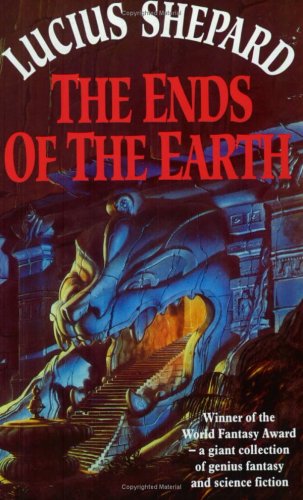


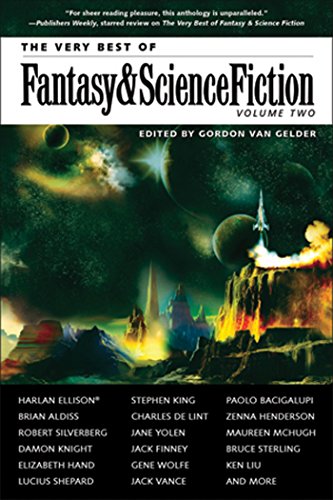

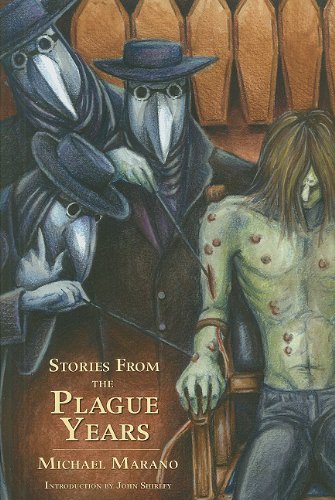



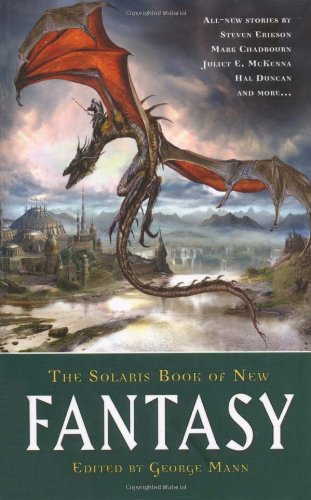

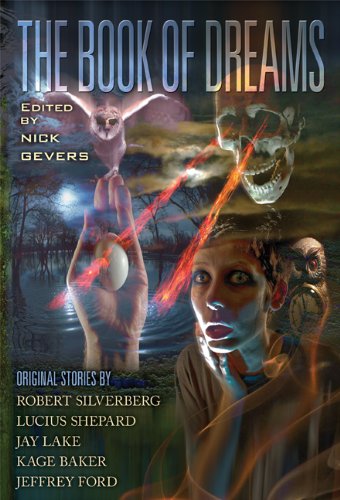





this sounds like a fun one
These weird westerns are always interesting and have been popping up more in recent times (it seemed like there was…
Looking forward to reading the review.
Always my pleasure, Marion! I'm almost finished with Book #3 now, and hope to be reporting on it very shortly....
After reading your review, I'm quite sure I never read this one, or Book Three for that matter. I loved…